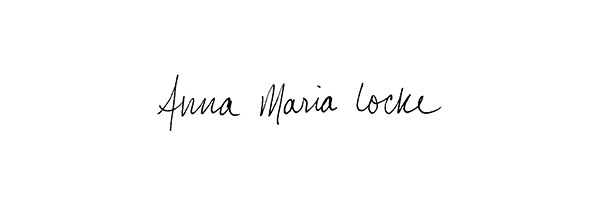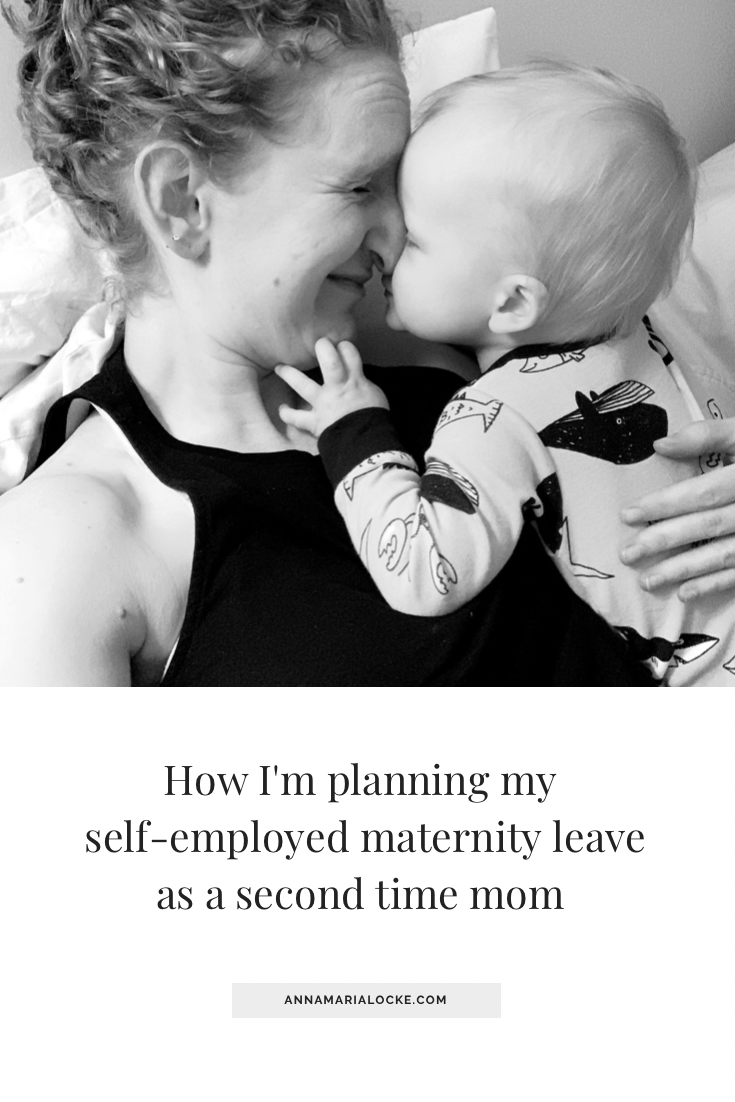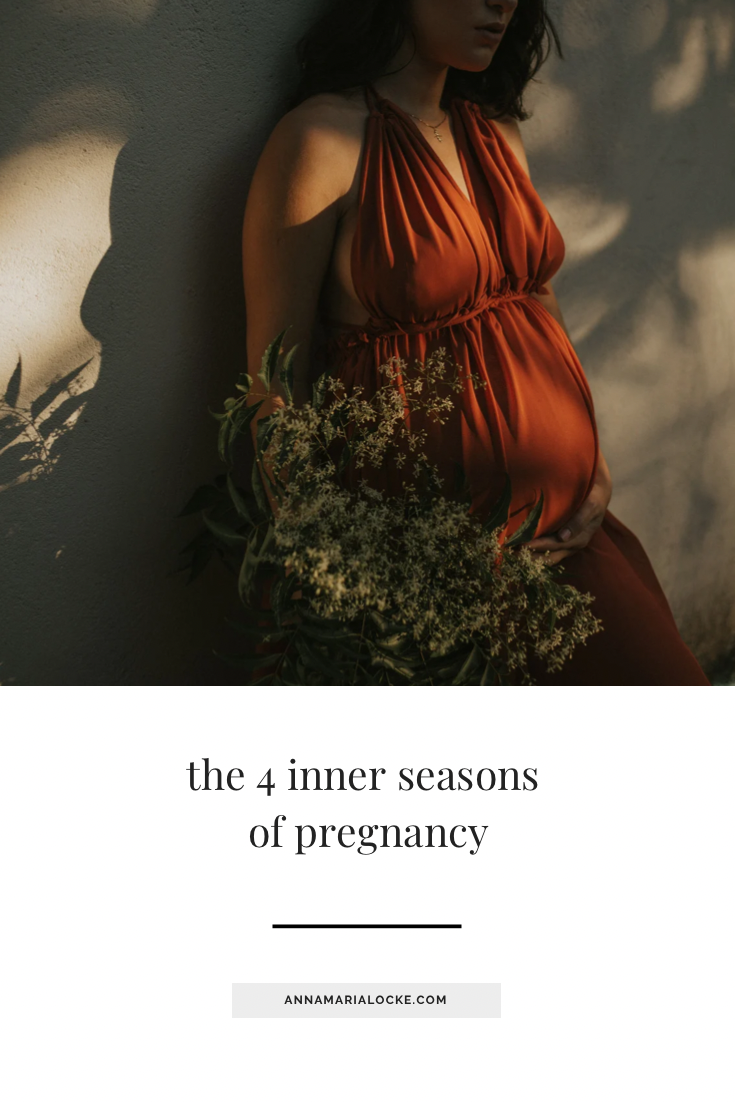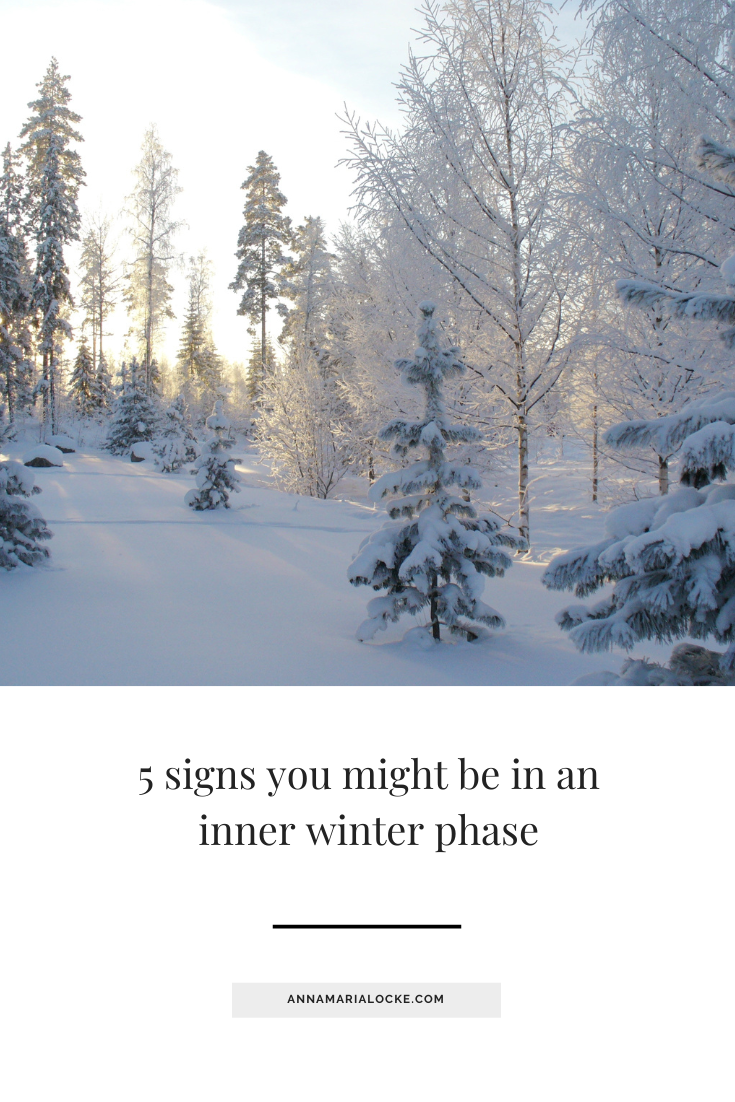“If your dreams don’t scare you, they aren’t big enough.”
You’ve heard that quote, right?
It sounds inspiring, but what if your dreams are TOO big?
What if they scare you so much that you’re paralyzed with so much overwhelm and fear that you can’t take action to actually achieve them?
To an extent, that’s what’s been happening with my life over the last couple of years.
This post is half book review, half stream-of-conscious braindump of some thoughts and feelings that have been on my heart lately.
I’ve become an expert at dreaming, goal setting, visioning, planning, strategizing, and envisioning a crazy amazing and limitless future for myself.
But the problem is that I’m too good at dreaming, I always have been. My dreams have been an escape from reality.
Deep down it's hard for me to believe that I'm good enough or worthy of my dreams, so I procrastinate and keep myself in my comfort zone by gaining more education and training, making plans, and making sure that my next dream is JUST out of reach so I can always have something to work towards without actually giving myself permission to go for it and dive into the discomfort of taking emotional risks and facing my fears (of rejection, success, going out of my comfort zone).
Change is hard, even when it's good change!
Will I even like or recognize who I am once I arrive at where I want to be?
Will I like what I find?
Will I like the person I become?
Will other people like me?
Will I lose my friends or family…will they accept me if I change and grow?
I know that they accept me for who I am right now, so that must be good enough, right? But deep down I still want more. I know I’m made for more. I am not made to play small, to hide my gifts and talents, to limit myself and my potential by not “going for it.”
I want to listen to my HEART, not my head. But I have listened to my head my entire life, so I’m not really sure I can 100% trust my heart and intuition. That I can trust myself!
That’s why I was intrigued by this book, The Art of Fear.
Tagline: "Why conquering fear won't work and what to do instead."
YES PLEASE! Teach me the ways!
If I really want to create the life coaching business of my dreams, buy a house, raise kids, move somewhere with mountains, share my art with the world, write a book, start a charitable foundation with Ben (my ultimate dream is to be a philanthropist! Well, my real ultimate dream is to be the princess of a small and wealthy nation buttttt I already screwed that up by not being born or marrying into royalty, oops), I need to start taking action now.
Even though I am so far away from where I want to be and it’s messy and uncomfortable and awkward. I hate feeling like a beginner. I love control. I love knowing what I’m doing, feeling competent, and having a level of success underneath me. But it’s a catch 22because in order to gain the confidence I need to reach my dreams, I have to do the messy work NOW…
I’ve always been driven by fear. Not in a good way.
I am realizing that the fear never goes away (new levels, new devils!). So I am looking for new ways to deal with it.
I loved this book because it was a new perspective on how we hold ourselves back. The author, Kristen Ulmer, is a former extreme skier and "fear addict" who now teaches people the tools to build a healthy relationship with this complex emotion.
She doesn’t tell you how to overcome your fears, punch fear in the face, feel the fear and do it anyway...which was refreshing to me because I know that at least personally, fighting my fear just makes it more aggressive and that is what leads to panic attacks, no thanks!
I need a gentler approach.
I wanted to learn how to make fear my friend instead of my worst enemy that holds me back.
I know that personally, anxiety (for me) is generally unused creative energy. When I get caught in my head, I start overthinking and under-acting. Once I get into action, no matter what I’m doing the anxiety and fear goes away because my brain feels that I am doing something
Disclaimer: I received a free copy from the publisher to review with this post, but I feel like it was a sign from God because I NEEDED to read this book. It came at a perfect time.
WHO THIS BOOK IS FOR
- Anyone who is tired of being controlled by their fear (or any other manifestation: anxiety, stress, overwhelm, anger, over-thinking, etc) and is ready to get emotionally uncomfortable and do the hard work to build a new relationship with themselves. Because in order to reach our potential (in life, love, relationships, career, everything!), we have to love and accept ourselves including our “negative” sides and darker emotions.
- Soul searchers who want to discover their purpose and potential as a complete and whole-hearted human being.
- If you love Brene Brown, Jen Sincero, Martha Beck, and similar authors.
- If you want to get out of your head.
WHAT I LEARNED FROM THE ART OF FEAR
1. Everything we know about fear is wrong.
Our relationship with fear is the most important relationship of our lives, because it's the relationship we have with ourselves.
Fear itself isn't the problem -- it's how we react or interpret it. Fear is an emotional and physical response produced by what Ulmer calls our "lizard brain," our amygdala, our oldest part of our brain in terms of evolutionary history. Our Lizard Brain is constantly on the lookout for anything that might kill us, and it can't distinguish the level of the threat so it sees mortal danger everywhere! It communicates by sending physical sensations of discomfort (aka FEAR), which trigger our fight or flight instinct.
This in itself is fine, except that our "thinking mind" creates stories around the feelings our Lizard Brain is sending. Our thinking mind is that voice inside our heads, basically who we believe ourselves to be. It's the furthest thing from our body and intuition, but it creates stories that shape who we are and create our perception of ourselves and reality.
The thing is that there is really no such thing as "good" or "bad" emotions, but if an emotion feels uncomfortable, we label it as "bad" and then do anything to shut it down, avoid it, try to let it go, or overcome it. But it will never go away unless we allow ourselves to feel and experience it fully!
The good news is that when we allow ourselves to feel our emotions (good and bad), they usually run their course in 10-90 seconds and then we're on to the next feeling.
Therefore, if you aren't actually in physical danger, practice feeling into your fear/anxiety/overwhelm/anger/stress and see what happens!
I've been practicing this and it honestly works.
Close your eyes, take a few deep breaths, and notice the sensations in your body and where fear is showing up. Breathe through it, notice what's happening, remember that you are safe, and allow it to tell you what it wants to say and then move on.
2. Repressed fear causes all sorts of issues.
Because feeling our uncomfy feels is so hard, we’re pretty much all struggling with repressed fear.
Judging yourself or other people, blame, having an overactive crazy mind, not being able to sleep, stress and anxiety, mental or mood disorders, burnout, physical problems, feelings of unworthiness, all of these and pretty much any emotional hang-up comes from fear.
Suffering = discomfort x resistance
It’s not the discomfort itself that’s causing suffering, but our resistance to feeling the discomfort.
So even though it sounds counterproductive, accepting the discomfort and leaning into your fear is the only way to truly release it.
3. How to build a new relationship with fear and yourself
This was my favorite section of the book. All is not lost!
To build a healthy relationship with fear, it’s not about accepting our fear (because that leads to passivity), but about honoring it. Listen to what it is telling you, because it just wants to keep you safe.
Stop vilifying your inner critic and think of her like your no-BS bodyguard or best friend.
Let the fear give you the message, and then instead of immediately reacting or running away, respond wisely.
Do you feel anxious about a big presentation or interview at work? It’s ok – your fear just wants you to be prepared and do your best. So instead of getting in your head, channel that anxiety into focused energy so you deliver your presentation with an edge.
Because at the end of the day, that’s all that fear is. Energy.
If we use it to motivate us instead of paralyze us, we’ll go farther than we ever thought possible.
I have so many more thoughts on this book and this subject in general, but I’m going to let it all marinate and practice on myself.
That’s another important thing to remember: When we push ourselves out of our comfort zone and expand, we’re going to then contract a little bit in response. So if you ever have a “vulnerability hangover” after a big day, don’t freak out, just give yourself time to grow into the new and bigger version of yourself that you’re becoming.
You are stronger than you think!
xo Anna
Wanna chat more about this topic? I’d love to jam with you! Click here to send me a note.
Grab a copy of The Art of Fear here!
Purchase Links: HarperCollins | Amazon | Barnes & Noble
About The Art of Fear
• Hardcover: 320 pages
• Publisher: Harper Wave (June 13, 2017)
A revolutionary guide to acknowledging fear and developing the tools we need to build a healthy relationship with this confusing emotion—and use it as a positive force in our lives.
We all feel fear. Yet we are often taught to ignore it, overcome it, push past it. But to what benefit? This is the essential question that guides Kristen Ulmer’s remarkable exploration of our most misunderstood emotion in The Art of Fear.
Once recognized as the best extreme skier in the world (an honor she held for twelve years), Ulmer knows fear well. In this conversation-changing book, she argues that fear is not here to cause us problems—and that in fact, the only true issue we face with fear is our misguided reaction to it (not the fear itself).
Rebuilding our understanding of fear from the ground up, Ulmer starts by exploring why we’ve come to view it as a negative. From here, she unpacks fear and shows it to be just one of 10,000 voices that make up our reality, here to help us come alive alongside joy, love, and gratitude. Introducing a mindfulness tool called “Shift,” Ulmer teaches readers how to experience fear in a simpler, more authentic way, transforming our relationship with this emotion from that of a draining battle into one that’s in line with our true nature.
Influenced by Ulmer’s own complicated relationship with fear and her over 15 years as a mindset facilitator, The Art of Fear will reconstruct the way we react to and experience fear—empowering us to easily and permanently address the underlying cause of our fear-based problems, and setting us on course to live a happier, more expansive future.
Photo by Meaghan M. Golden
About Kristen Ulmer
Kristen Ulmer is a facilitator who draws from her tenure as the best woman extreme skier in the world for twelve years and from thousands of hours facilitating clients on the subject of fear. Her work has been featured on NPR and in the New York Times, the Wall Street Journal, Forbes, USA Today, Outside magazine, and many other publications. She lives in Salt Lake City, Utah.
Find out more about Kristen at her website, and connect with her on Facebook and Twitter and Instagram.
I was provided with a free copy of the book to review, but all thoughts and opinions are my own!












